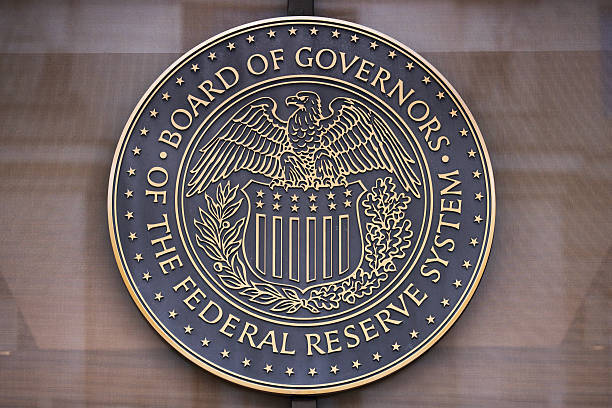
Wales snaps & leaves interview after host asks, ‘You’re Wikipedia’s Founder or Co-Founder?’
The world of online encyclopedias is a complex and often contentious one, with debates over authorship and ownership being a common occurrence. Recently, a podcast interview with Jimmy Wales, the founder of Wikipedia, took an unexpected turn when the host asked him if he was the founder or co-founder of the online encyclopedia. Wales, who had introduced himself as the founder of Wikipedia, took umbrage with the question, labeling it “the dumbest question in the world” before storming out of the interview.
The incident has sparked a renewed debate over the role of Larry Sanger, who is often credited with co-founding Wikipedia alongside Wales. However, Wales has previously contested Sanger’s contributions to the project, leading to a long-standing feud between the two. The question of who deserves credit for founding Wikipedia is a contentious one, with both Wales and Sanger having different accounts of the events that led to the creation of the online encyclopedia.
The podcast host, whose name has not been released, seemed taken aback by Wales’ reaction to the question. The host had likely asked the question in an attempt to clarify Wales’ role in the founding of Wikipedia, given the ongoing debate over Sanger’s contributions. However, Wales’ response suggests that he views the question as a personal attack, rather than a genuine inquiry into the history of Wikipedia.
As the interview progressed, or rather, failed to progress, Wales became increasingly agitated, eventually standing up and walking out of the room. The entire incident lasted less than a minute, with Wales refusing to engage further with the host. The video of the incident has since gone viral, with many people weighing in on social media to share their thoughts on the matter.
The debate over who founded Wikipedia is not a new one. Larry Sanger has long maintained that he played a crucial role in the development of the online encyclopedia, while Wales has sought to downplay his contributions. In 2001, Sanger and Wales launched Wikipedia as a companion project to Nupedia, a online encyclopedia that relied on expert contributions. However, Wikipedia quickly gained popularity, and Sanger’s role in the project became less prominent.
Wales has previously stated that Sanger’s contributions to Wikipedia were limited, and that he was not a co-founder in the classical sense. However, Sanger has disputed this account, claiming that he played a key role in the development of Wikipedia’s early policies and procedures. The debate over who deserves credit for founding Wikipedia is likely to continue, with both Wales and Sanger having their own versions of events.
The incident has also raised questions about the nature of authorship and ownership in the digital age. As online projects and collaborations become increasingly common, the question of who deserves credit for a particular work or idea is becoming more complex. The case of Wikipedia is a prime example of this, with multiple individuals contributing to the project over the years.
In conclusion, the incident involving Jimmy Wales and the podcast host is a reminder of the complex and often contentious nature of online collaborations. The debate over who founded Wikipedia is likely to continue, with both Wales and Sanger having their own accounts of the events that led to the creation of the online encyclopedia. As the digital landscape continues to evolve, it is likely that we will see more debates over authorship and ownership, highlighting the need for clear guidelines and protocols for collaborative projects.





